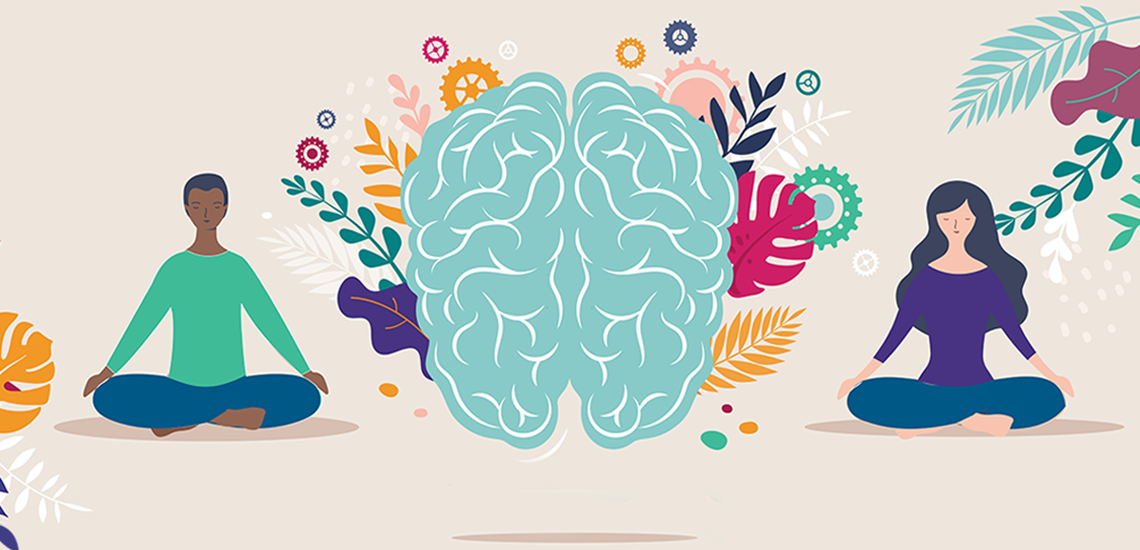The Dimensions of Wellness: Spiritual Wellness
Hi, everyone! Today we’re discussing the spiritual component for dimensions of wellness. Spiritual wellness is one of the eight dimensions of wellness that focuses on finding meaning, purpose, and balance in life. It involves seeking a sense of connection with something greater than us, whether it be through religion, nature, community, or personal beliefs. Spiritual wellness encompasses various aspects, including sense of purpose, connection to others and belief system (ex: nature, the universe), fulfillment, alignment with values, and how you use it to impact others. Spiritual wellness has shown a connection to positive mental health and its connection to resiliency. For this dimension, I interviewed two individuals who have different belief systems to show the correlation between spiritual wellness and mental wellness.

Image: LinkedIn
The first individual I interviewed is Ethan Flores Rothmund, also known as @erebus_negative on Instagram, who practices the faith of Islam. Ethan is known for photography and wants to voice in this article the following:
“I received the question often about attempting Ramadan if they aren’t Muslim. Yes, you can participate in Ramadan, and yes, you can try it out!”
After our conversation together, there are some key points that I want to address. I ask the following questions to Ethan:
- What advice would you give to someone who is struggling with spiritual wellness?
- How does it correlate with mental wellness?
Ethan emphasizes that finding spiritual connection is essential but shouldn’t be confined to organized religions like Islam or Christianity. Instead, it’s about connecting with something bigger than oneself, regardless of specific beliefs. He suggests addressing spiritual disconnect, such as questioning faith or feeling detached, which can manifest as a crisis of faith. Ethan also highlights the mental health benefits of rituals, repetition, and community, stressing that these can be experienced outside of organized religion. Ultimately, the message is that spiritual wellness is personal and doesn’t require attachment to a particular belief system.

Image Credit: @erebus_negative on Instagram
The next person I interviewed is Allan M. He follows a combination of spiritual beliefs compiled from Catholicism, Zen Buddhism, and Spiritualism, which were influenced through his world travels. Allan defines spiritual wellness as a balanced life and highlights the importance of achieving this balance through encompassing goal achievement, fulfillment, and helping others. Maintaining this balance is crucial for resilience against negative experiences, triggers, addiction, and manipulation. He suggests that achieving spiritual wellness can lead to superhuman abilities, citing examples like Wim Hoff and Bruce Lee, who demonstrate control over their thoughts and physical resilience.
Furthermore, Allan emphasizes the interconnectedness of mental health and spiritual wellness, noting that when both are in harmony, overall life balance and resilience are enhanced. Conversely, neglecting spiritual wellness can heighten susceptibility to negative impacts on mental health.
Overall, spiritual wellness is about nurturing a sense of inner peace, purpose, and connection with oneself, others, and the world around us. There is no specific belief system in order to achieve spiritual wellness. However, it is a deep personal journey that can be pursued through various practices and beliefs, ultimately leading to a more fulfilling and meaningful life.
Love,
Ally






Leave a comment